When an argument ensues regarding drugs with the potential for addiction, there are staples that surface during any conversation on this topic. Heroin, fentanyl, meth, cocaine – these are all drugs you expect to be associated with the word “addictive.”
However, we’d bet a fair amount that most people wouldn’t include the drug DMT in these conversations. That’s assuming that both parties in the conversation are even aware of DMT’s existence.
In the world of chemical substances and illegal narcotics, DMT is not known for being one of the more widely recognized drugs in the book. Aside from a core base of electronic music and jam band fans chasing the remainder of what was once known as the Grateful Dead, not a lot of people are on a first-name basis with the drug.
Those who have, however, place their experience with DMT on the same level as a face-to-face meeting with God. DMT is rumored to have connections with the third eye and astral plane, having earned the nickname the “spirit molecule” for the psychedelic pilgrimage users take while under the influence of the drug.
What is this unique substance, and why is it so obscure? In this article, you’ll find out about DMT and whether this hallucinogenic is addictive.
What Is DMT?
What is DMT? DMT, or N, N-dimethyltryptamine in medical talk, is a hallucinogenic tryptamine drug found naturally in the human body and plants. This psychedelic substance falls under the Schedule 1 category, meaning it’s illegal across the board (possession, selling, manufacturing, etc.). A couple of cities in Oregon and Colorado have decriminalized it, but other than that, the federal government doesn’t look favorably upon any DMT activity.
DMT is the primary ingredient in ayahuasca, created from a combination of the Banisteriopsis caapi and Psychotria Viridis plants. The second contains MAOI, which stops your body from experiencing the effects of DMT – thus, the need for both when producing the final product.
Chemists can also synthesize DMT in a lab without using plants, creating a product similar to the plant-based variety. In its final state, DMT is a crystalline substance, ranging in various colors.
Traditionally, DMT is smoked, but users may also consume it in tea. Regardless of the means of consumption, DMT produces a highly potent effect, unlike any other substance.
What Effects Does DMT Have?

DMT has some insanely strong effects for users who smoke it. It only takes about three seconds to kick in, and while the high only lasts a few short minutes, it can feel like a lifetime to some users. After the user inhales a hit of DMT, they usually hold the smoke in for about five seconds.
Before they can exhale, they’re sent on a trip unlike any other they’ve ever experienced. Users report a wide variety of effects after consuming the drug, including:
- Out-of-body experiences
- Auditory and full visual hallucinations
- Encounters with tiny “elves” (known as DMT elves)
- The ability to “see” and “feel” other peoples’ energy. Many users report the ability to view people at a cellular or energy level or viewing them only by their body systems (circulatory, etc.)
- Paranoia
- Increased heart rate
- Increased blood pressure
IS DMT Dangerous?
One of the main concerns with DMT is the fact that each experience is incredibly unpredictable. In addition, it’s hazardous for a user to consume the drug on their own.
It’s not uncommon for users to exhale a DMT hit and collapse or lose control of their bodies. Most of the time, the user drops the glass pipe used to smoke the DMT, coming out of their trip without knowing what happened before they entered it.
DMT is dangerous for several reasons. Number one, the risk of engaging in use alone could lead to severe injury or death. It’s not uncommon for DMT users to fall and crack their heads open after losing control of their motor functions.
Second, it’s an extremely intense mental high. DMT is considered one of the most potent hallucinogenic drugs in existence. Substances like DMT can easily cause psychosis or trigger other underlying mental conditions, leading to permanent behavioral or cognitive damage.
Is DMT Addictive?
Is DMT addictive? Upon first hearing this question, most individuals would say no – even people who personally abuse the substance themselves. However, after considering the facts surrounding its abuse, we’re not so sure if we agree.
To answer the question, it helps to look at the definition of addiction. Addiction is the compulsive, chronic, or psychological need for any particular substance despite the awareness that using it could negatively affect at least one area of your life.
Let’s take a look at the elements in play here:
Is DMT dangerous to use?
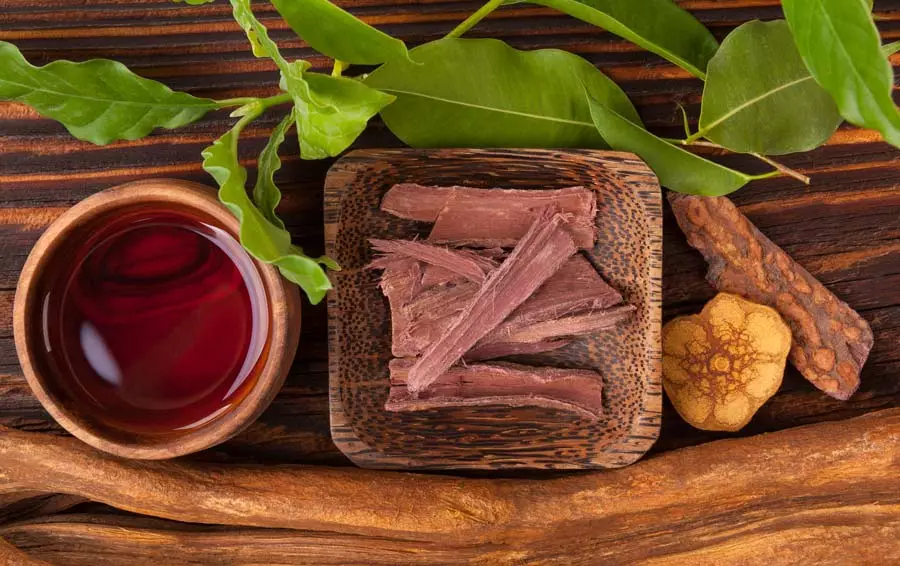
Yes, it’s widely considered an unsafe drug. Whether the user agrees with this is irrelevant. The drug still poses dangers whether the user agrees with them or not. They’re at least acutely aware of the fact that other people consider the drug dangerous. At the minimum, they’re aware of its illegality, which poses a threat just as significant as the physical and mental dangers.
Are there veteran users of DMT who perpetually consume the drug despite knowing these things?
Yes. It might not be physically addictive, but it is habit-forming, and users may be required to ingest more to achieve the same effects they experienced earlier in their interactions with the drug.
Signs of DMT Addiction
It could be challenging to spot DMT addiction, especially considering most social circles’ minimal knowledge regarding the drug. However, certain behaviors and activities could tip you off to the potential existence of a problem.
- Individuals spend a significant amount of time-consuming DMT, especially on their own with no supervision.
- Users may lie about how often they consume DMT
- Users appear to be disconnected from reality
- Enlarged pupils
- Rambling about things other people can’t see or understand
Can You Overdose on DMT?
Technically, no medical state describes someone as “overdosing” on DMT. However, it’s possible to overdo the consumption of DMT grossly.
Ingesting too much at once via smoking or drinking it in a tea can produce hazardous and unwanted effects. Dangerous, extended, and highly intense psychedelic trips are known to send people off into a high they never return from.
Overusing any psychedelic is typically what manifests underlying or new mental health disorders that weren’t noticed before. Usually, these situations pass, but they can stick around for extended periods.
The Risk of Serotonin Syndrome
When users ingest DMT, the brain releases a large burst of serotonin. This is common in most chemical substances and leads to the high’s euphoria or “feel good” portion.
However, releasing too much serotonin in one sitting, over and over again, can lead to a condition known as serotonin syndrome. This is the body reaching the serotonin toxicity level and could technically be considered an overdose of serotonin.
Severe cases lead to seizures, respiratory arrest, and other severe side effects. However, most patients rarely require hospitalization and pass without much incident.
Does DMT Addiction Cause Withdrawals?
DMT addiction doesn’t directly cause withdrawals in terms of what most people consider withdrawal symptoms. However, it can hurt the user who has decided to quit.
Mental issues, vertigo, paranoia, difficulty concentrating, and anxiety are expected during the DMT detox period. Certain medications can help these side effects until the detox period is over.
Can I Get Help for DMT Abuse?

Regardless of what anyone says, any substance could warrant the need for rehab at any given time. Who’s to say that one person doesn’t have an issue with a substance that requires professional help?
If you’ve experienced DMT abuse, it’s possible you could require heavy mental health treatment, including dual-diagnosis therapy or cognitive-behavioral therapy. Other effective DMT treatment includes:
- Art therapy
- Equine therapy
- Ocean therapy
- Journaling
- A variety of holistic solutions
Long-Term Recovery from DMT Is Possible
Long-term recovery from DMT is possible with the right treatment team, armed with the proper knowledge and passion for witnessing you succeed. At Best Rehabs In Arizonas, we’ve helped thousands of clients just like you overcome challenges with DMT and other hallucinogenic substances.
We understand how delicate the situation can be when dealing with chemicals that alter the fragile balance of the brain. We’re here to provide support and various therapy options to help align your mind, body, and spirit in the healthiest way possible.
If you have questions, we encourage you to contact a member of our admissions team today. We’re standing by to take your calls!

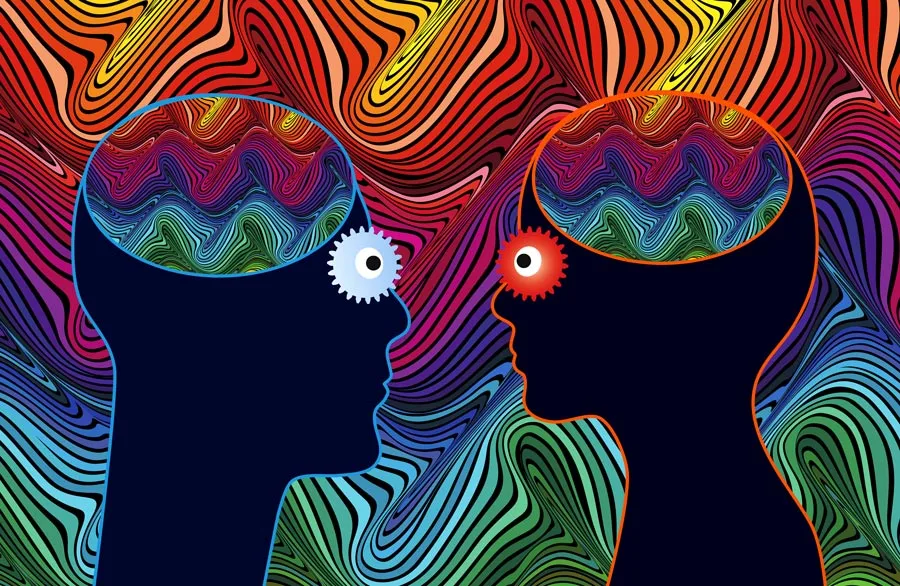



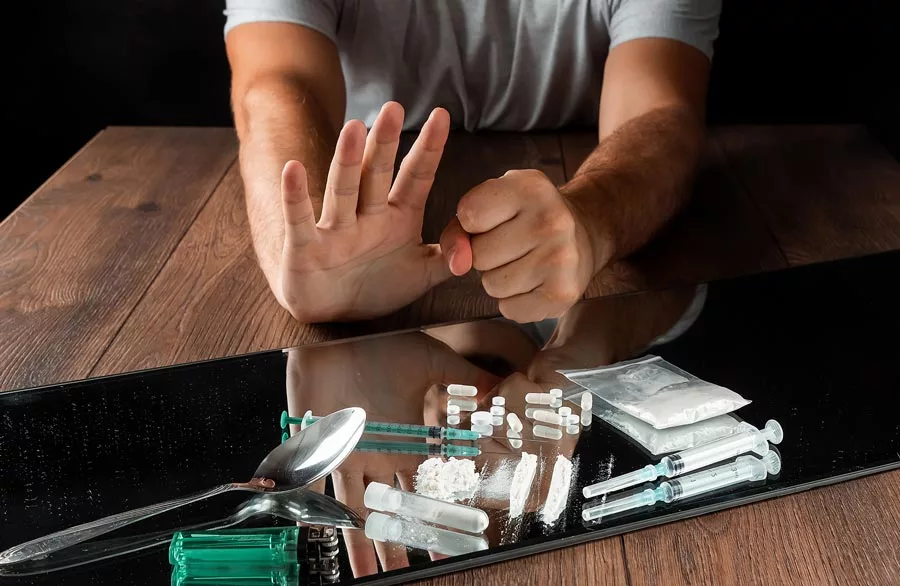

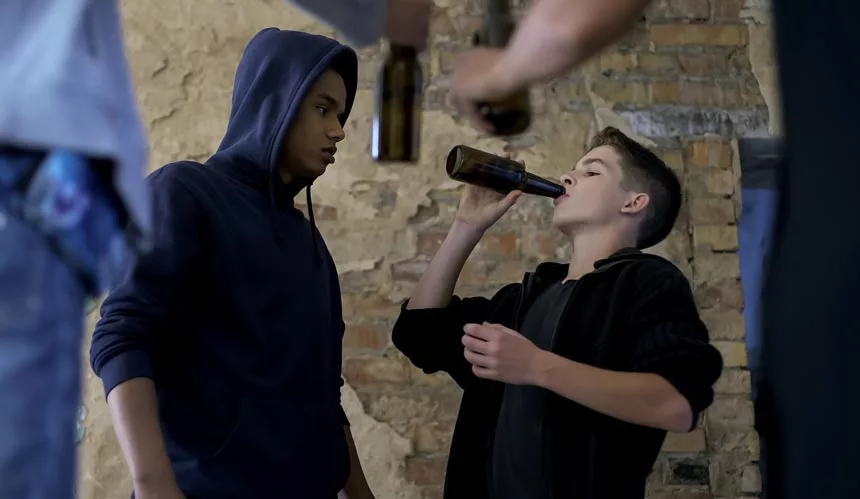




 Outside circumstances vary drastically, but internally most addicts, including myself, have similar experiences although it can often feel like they’re the only one.
Outside circumstances vary drastically, but internally most addicts, including myself, have similar experiences although it can often feel like they’re the only one. As time goes on our tolerance for the substances gets greater. Leaving us needing more of our drug of choice in order to become intoxicated. So, what does any motivated addict do at this point?
As time goes on our tolerance for the substances gets greater. Leaving us needing more of our drug of choice in order to become intoxicated. So, what does any motivated addict do at this point?






 A good group of peers is so imperative during the recovery process, people that we can trust and stay committed to. Not to mention people to enjoy life and have sober fun with. We call this having an “A-Team” and it will save your life time and time again. Make sure you choose your A-Team wisely and be sure to stick with the winners. If you don’t know anyone sober outside of treatment, or if you have a fear of meeting new people, don’t worry we were all there once. We recommend looking into your local intergroup and attending, 12-step meetings, group and individual therapy. There you find a bountiful amount of sober people that will be willing to help you anyway that they can. A solid, safe support system can be the difference between sobriety and relapse.
A good group of peers is so imperative during the recovery process, people that we can trust and stay committed to. Not to mention people to enjoy life and have sober fun with. We call this having an “A-Team” and it will save your life time and time again. Make sure you choose your A-Team wisely and be sure to stick with the winners. If you don’t know anyone sober outside of treatment, or if you have a fear of meeting new people, don’t worry we were all there once. We recommend looking into your local intergroup and attending, 12-step meetings, group and individual therapy. There you find a bountiful amount of sober people that will be willing to help you anyway that they can. A solid, safe support system can be the difference between sobriety and relapse.

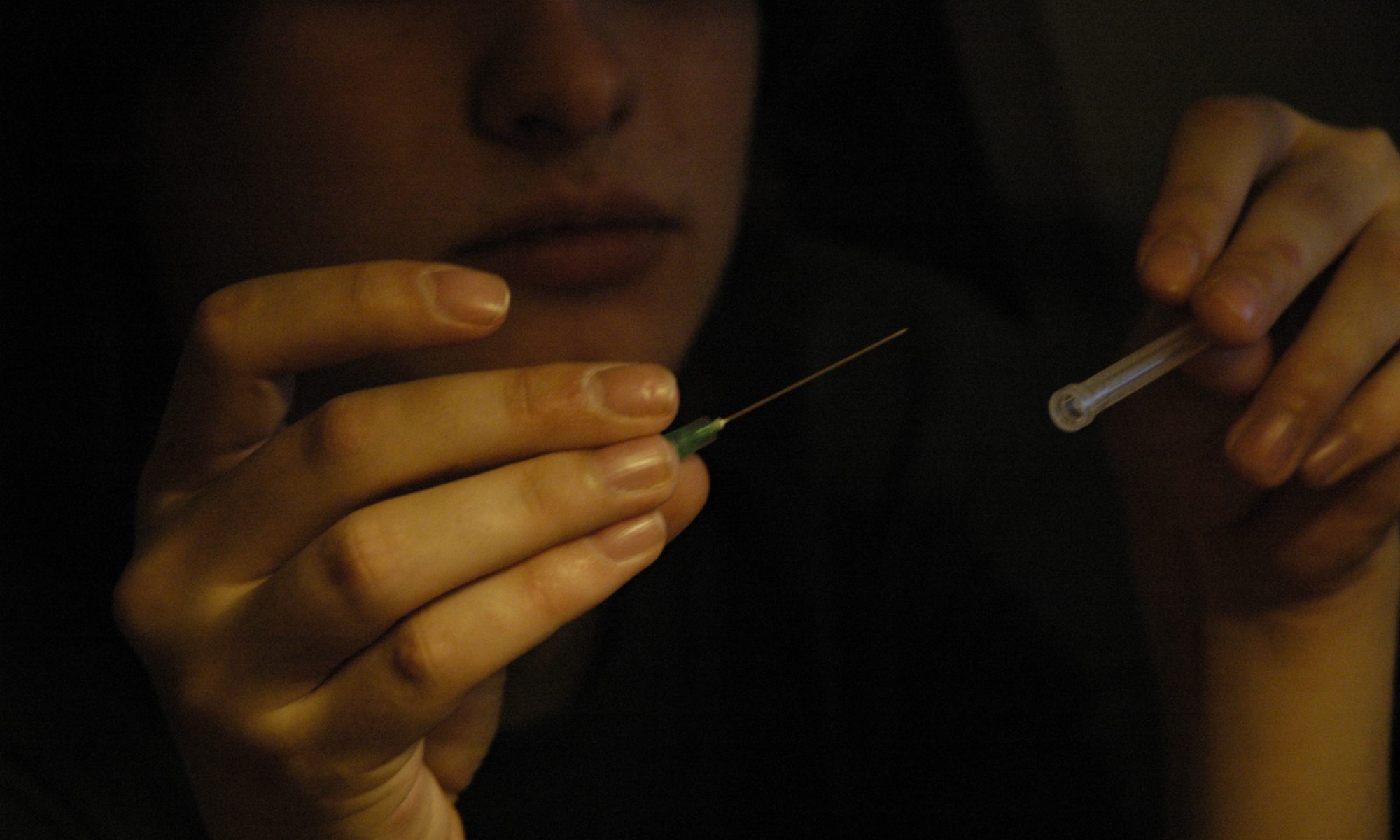
 If you or a loved one is suffering from an addiction this article will cover a perspective proven through clinical studies that you must not miss. Society in general has led addicts to feel ashamed of the insidious affliction they suffer from, and the stigma can contribute to both addiction and loneliness. Addicts cause pain and confusion in themselves and anyone that truly deeply cares for them.
If you or a loved one is suffering from an addiction this article will cover a perspective proven through clinical studies that you must not miss. Society in general has led addicts to feel ashamed of the insidious affliction they suffer from, and the stigma can contribute to both addiction and loneliness. Addicts cause pain and confusion in themselves and anyone that truly deeply cares for them. 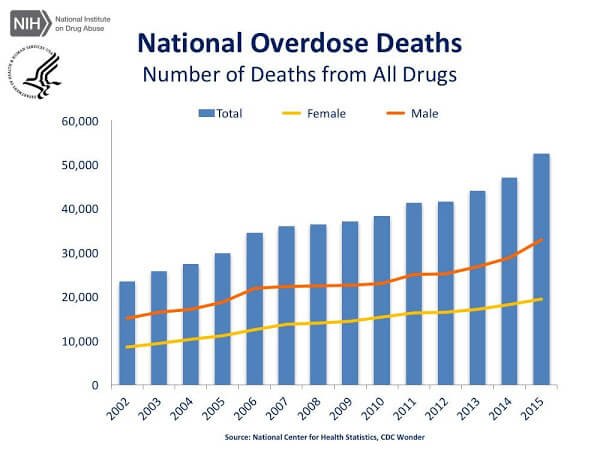




 scale than others; and this means little. You hit your bottom and hopefully you stop digging the hole. Hitting bottom can look different for different people; losing things of monetary value by various means including: getting robbed, misplacing possessions in some altered state of mind, pawning your (and other peoples) possessions and lending things to the wrong person that will never return it (not everyone is kind like you are). Gradually the addict starts losing the things that can’t be replaced (i.e. day after day spent running and time wasted making no progress towards any meaningful goals, losing the respect of their loved ones, respect for themselves and the feeling of uselessness, craving community and happiness.)
scale than others; and this means little. You hit your bottom and hopefully you stop digging the hole. Hitting bottom can look different for different people; losing things of monetary value by various means including: getting robbed, misplacing possessions in some altered state of mind, pawning your (and other peoples) possessions and lending things to the wrong person that will never return it (not everyone is kind like you are). Gradually the addict starts losing the things that can’t be replaced (i.e. day after day spent running and time wasted making no progress towards any meaningful goals, losing the respect of their loved ones, respect for themselves and the feeling of uselessness, craving community and happiness.) is one of the hardest thing to do. Yet there are several simple questions to ask yourself to help gauge where you really are: ‘what I am doing with my life that is working for me? Am I happy? Am I pursuing my dreams? Do I feel excited about what my future holds?’ If you cannot answer yes to these questions, chances are you are off the path of what you’re meant to be doing. I have never, in my entire career, met an addict that can answer ‘yes’ to all of these questions. Therefore it stands to reason that the way of the addict doesn’t work. Addiction is the worst trick in the world; it starts off as a fun, beautiful experience and turns into the darkest monster one could imagine. Choosing a mentor is about finding someone who is living the life you want live, someone who not only knows what you want first hand, but someone who ‘has been there and done that’. A mentor’s practical experience is invaluable, this goes with anything in life- but especially when trying to overcome addiction. When choosing a mentor, the trust factor is critical. You need to be willing to be open and honest with them. You could know everything in the world, but without the action behind the knowledge you’re like a rocket that has failed to launch, a ship without a rudder. Action is the fuel and rudder to achieving your goals.
is one of the hardest thing to do. Yet there are several simple questions to ask yourself to help gauge where you really are: ‘what I am doing with my life that is working for me? Am I happy? Am I pursuing my dreams? Do I feel excited about what my future holds?’ If you cannot answer yes to these questions, chances are you are off the path of what you’re meant to be doing. I have never, in my entire career, met an addict that can answer ‘yes’ to all of these questions. Therefore it stands to reason that the way of the addict doesn’t work. Addiction is the worst trick in the world; it starts off as a fun, beautiful experience and turns into the darkest monster one could imagine. Choosing a mentor is about finding someone who is living the life you want live, someone who not only knows what you want first hand, but someone who ‘has been there and done that’. A mentor’s practical experience is invaluable, this goes with anything in life- but especially when trying to overcome addiction. When choosing a mentor, the trust factor is critical. You need to be willing to be open and honest with them. You could know everything in the world, but without the action behind the knowledge you’re like a rocket that has failed to launch, a ship without a rudder. Action is the fuel and rudder to achieving your goals.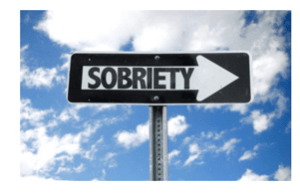 Some examples of the lengths we are willing to go to during an active addiction is: breaking the law, selling our possessions, stealing from anyone including those who love us. We lose our self-love, self-respect and self-acceptance as well as the respect of our communities and loved ones. Getting and staying sober gives us the opportunity to not only get these things back, but to own them on a much deeper and real level than we have ever experienced before. Today I own a home, have a career, a son, a beautiful partner and own my own small business. The best feeling in the world is helping another addict achieve their goals and looking myself in the eyes and loving that man in the mirror. I used to be a slave to a substance and today, I am freer than I’ve ever been spiritually and mentally…no matter how hopeless you feel these things are possible for any of us! Keep the hope and put one foot in front of the other!
Some examples of the lengths we are willing to go to during an active addiction is: breaking the law, selling our possessions, stealing from anyone including those who love us. We lose our self-love, self-respect and self-acceptance as well as the respect of our communities and loved ones. Getting and staying sober gives us the opportunity to not only get these things back, but to own them on a much deeper and real level than we have ever experienced before. Today I own a home, have a career, a son, a beautiful partner and own my own small business. The best feeling in the world is helping another addict achieve their goals and looking myself in the eyes and loving that man in the mirror. I used to be a slave to a substance and today, I am freer than I’ve ever been spiritually and mentally…no matter how hopeless you feel these things are possible for any of us! Keep the hope and put one foot in front of the other!